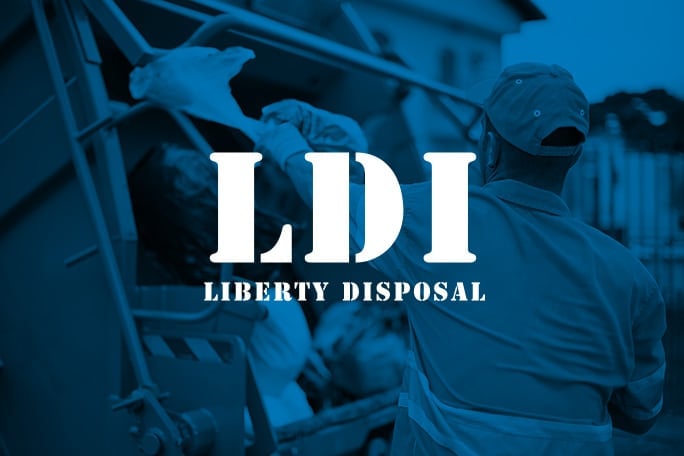Build a Safe, Productive Workforce with Drug & Health Screens
Substance use disorders can dismantle workplace morale and productivity. But pre-employment drug testing and ongoing drug monitoring help mitigate those risks.



The Importance of Drug Testing Services for Employers
The National Safety Council reports employees with substance use disorder miss more work than their peers (up to two weeks more every year).
Bottom line: Implementing an effective alcohol and drug testing program and other vital background checks can lead to better hires, reduced absences, boosted productivity, and safer work environments.

Comprehensive Drug & Health Screenings
Comprehensive Drug & Health Screenings
Pre-Employment Drug & Alcohol Testing
Easily screen for drug use via urine samples, saliva tests, or hair follicle testing. Testing facilities are never far from your candidates, thanks to our nationwide network of 12,000+ collection sites.
Random Drug & Alcohol Testing Services
Employee drug testing can deter drug use, especially if it's conducted on a random basis. By regularly monitoring drug use with random drug testing, you can build a culture of productivity.
Secure Drug & Alcohol Test Results Platform
Ordering applicant and employee drug screens involves their private, personal information. Our cloud-based platform is encrypted using the Advanced Encryption Standard (AES) to protect sensitive data points.
Dependable Drug & Alcohol Testing Support
Deciding to drug test employees and candidates is a vital step toward creating a safer, morale-boosting work environment. Foley supports your company through each step of the process to ensure it’s quick and seamless.
Case Study


How Foley Streamlined Liberty Disposal's Drug Testing Program with a Digital-First Approach
"Personally, I love it. There's no scanning of documents to store and keep safe. It's all pretty streamlined and definitely saves time."
— Loran Cottle
Safety & Compliance Manager, Liberty Disposal
Pre-Hire & Employee Drug Testing Benefits All Industries

Healthcare: Ensuring Patient Safety
Healthcare employees interact with vulnerable populations every day. Not to mention, many of these workers have access to prescription medications. Our pre-hire and random drug tests help make sure your healthcare workers are always alert and drug-free when tending to their duties.

Construction: Prioritizing Workplace Safety
Nothing can decrease productivity for utility and construction companies like open positions. And nothing can doom a utility or construction business faster than workplace accidents caused by high or drunk employees. With pre-employment drug screening, you can ensure you're bringing responsible people on board. And with random drug testing, you can make sure your workforce remains drug and alcohol-free.

Retail: Building Trust and Security
Retail employees regularly interact with the public. How do they reflect your brand if they're slurring their words because they're drunk or obviously high? Build a workforce you feel confident in—one filled with qualified, drug-free employees who represent your brand's values. Pre-employment drug testing, ongoing drug monitoring, and other retail background checks will help you do exactly that.

Transportation: Satisfying Compliance, Promoting Safer Roadways
Some businesses fall directly under the watchful gaze of the Department of Transportation (DOT). For these businesses, DOT compliance is a long and complex road. But here's the thing: Plenty of other non-DOT businesses employ people who drive on behalf of the company. Pre-hire drug tests and ongoing drug monitoring can help ensure only drug-free drivers end up behind the wheel.
×
Fill out this form and a member of our team will reach out shorty.
Ready for a Safer & More Productive Workforce?
Submit the form below for a free demo of our drug test for employment program, and let's discuss how to develop compliant employee drug screening for your organization.
.png)
Whether you’re looking for a quick background check or a comprehensive DOT compliance solution, Foley can help.


